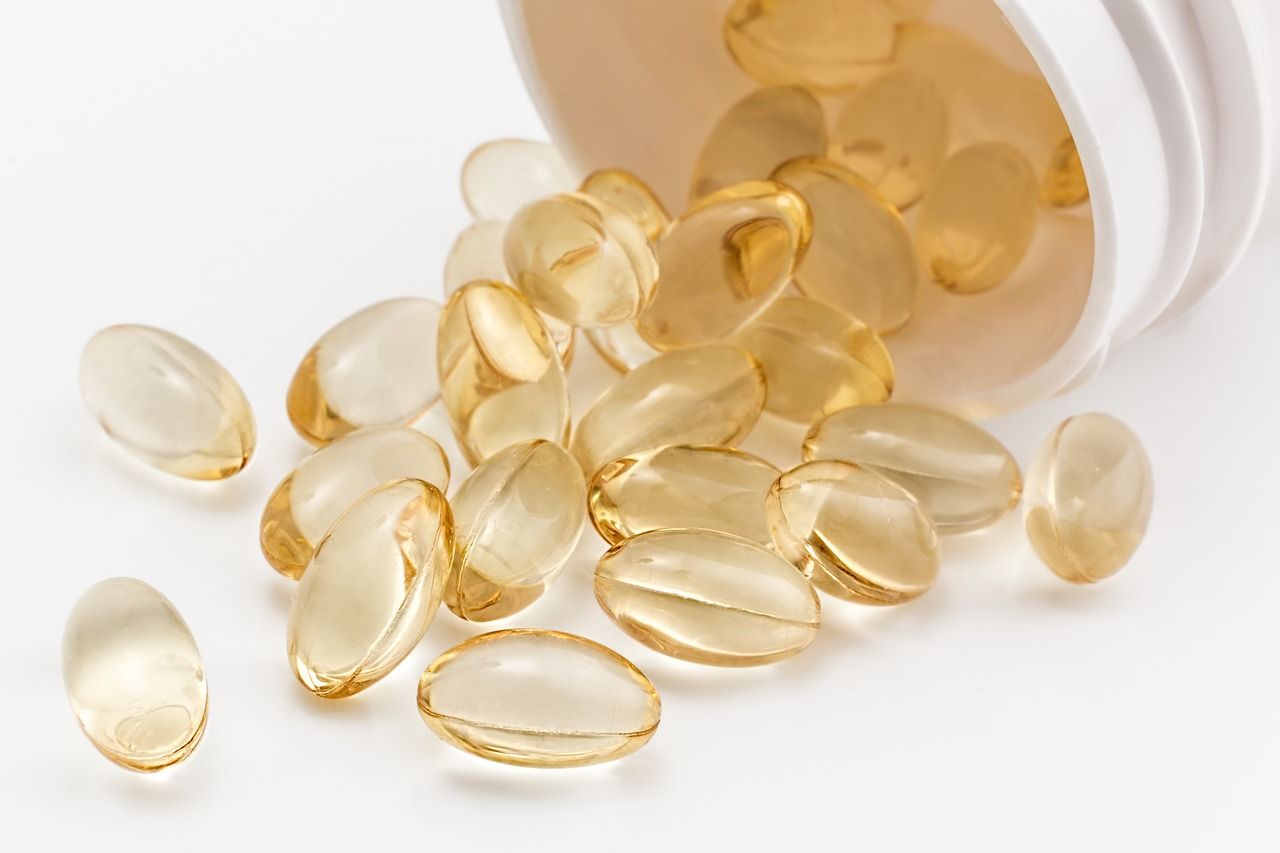Improving Your Health With Supplements: All You Need To Know
Do you want to improve your health but don't know where to start? Supplements can be a great way to get started! In this article, we will discuss all of the basics that you need to know about supplements. We will cover what they are, how they work, and who should be taking them. By the end of this article, you will have a better understanding of how supplements can help improve your health!
Probiotics
Probiotics are live bacteria that are good for your health, particularly your digestive system. They can be found in yogurt and other fermented foods, as well as supplements. Probiotics help keep your gut healthy by restoring the balance of good and bad bacteria. They also help with nutrient absorption and digestion. You might need a probiotic supplement if you have recently taken antibiotics, as they can kill both the good and bad bacteria in your gut. You can find probiotics in your local pharmacy or online. For example, here's the best probiotics for women, there are also other online resources for men and women alike. Just make sure to take your probiotics every day.
Omega-3 fatty acids
Omega-3 fatty acids are a type of unsaturated fat that is beneficial for your health. They can be found in fish, such as salmon and tuna, as well as in supplements. Omega-3 fatty acids have many health benefits, including reducing inflammation, improving heart health, and boosting brain function. If you don't eat fish, you might want to consider taking an omega-3 supplement.
Vitamin D
Vitamin D is a nutrient that is essential for bone health. It can be found in fortified foods, such as milk, and in supplements. Vitamin D deficiency can lead to bone loss and fractures. Vitamin D is important for several reasons. It helps the body absorb calcium, which is necessary for strong bones. It also plays a role in immunity and cell growth. A lack of vitamin D can cause weak bones, osteoporosis, and fractures. It can also lead to rickets in children. Rickets is a condition that results in soft, weak bones. Vitamin D deficiency is relatively common, especially in the winter months when there is less sun exposure. Older adults, people with dark skin, and those who are obese are at higher risk for deficiency. Supplementing with vitamin D is an effective way to prevent deficiency. The recommended daily amount of vitamin D is 600 IU (international units) for adults. However, some people may need more, such as those with osteoporosis or rickets. Vitamin D supplements are available in several forms, including capsules, tablets, and liquids. They can be found in most pharmacies and grocery stores.
Magnesium
Magnesium is one of the most important minerals in the human body. It is involved in over 300 biochemical reactions in the body and is essential for good health. Magnesium is found in many different foods, but the best way to get it is through supplements. Magnesium supplements come in many different forms, including capsules, tablets, powders, and liquids. The best way to take magnesium is in a supplement that contains all of the different forms of magnesium. This way, you can be sure that you are getting all of the magnesium your body needs. Magnesium supplements are available at most health food stores and online retailers. If you have any questions about taking magnesium supplements, talk to your doctor or pharmacist.
Zinc
Zinc is a mineral that's important for many bodily functions. It's involved in cell growth, immune function, and fertility. Zinc is also needed for proper senses of taste and smell. While your body only needs a small amount of zinc, it's essential to get enough from your diet because your body can't store it. Good dietary sources of zinc include oysters, beef, poultry, beans, nuts, and seeds. Zinc supplements are available in tablet, capsule, or liquid form. They're often used to treat or prevent zinc deficiency. Some people also take zinc supplements to boost their immune system or help with conditions such as colds, the flu, and acne. Zinc supplements are generally considered safe when taken as directed.

Supplements can be a helpful addition to your diet, but it's significant to choose the right ones. Probiotics, omega-3 fatty acids, vitamin D, magnesium, and zinc are all nutrients that are essential for good health. If you're not getting enough of these nutrients from your diet, you may want to consider taking supplements. Be sure to talk to your doctor or pharmacist before starting any supplement regimen. Do some research to find the best supplements for your needs.

